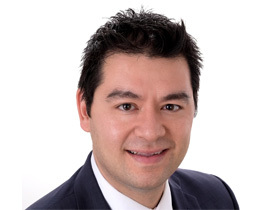
The Canadian Taxpayers Federation (CTF) recently released an analysis of federal pensions based on data compiled by Statistics Canada, which shows that risky defined-benefit pensions are vanishing in the private sector, but remain overwhelmingly common within government.
This data provides support for a widespread sentiment: that government employees get very risky, very generous pensions, paid for by people without pensions. Government employee unions like to crow about their success in cajoling government into enriching their members – but always avoid mentioning it comes at the expense of Canadian taxpayers.
In 1997, 83 per cent of government employees had defined-benefit pensions, while the private sector figure stood at 23 per cent. Today, the figures are 80 per cent and 10 per cent, respectively.
Defined-benefit pensions are very risky, which is why so few private sector employers offer them. Governments fear the wrath of powerful government employee unions, and so private sector employees – many of whom receive no workplace pension at all – get stuck funding cushy, risky pensions for bureaucrats.
It should also be noted that the total unfunded liabilities for federal government pensions (payout obligations for which there is no matching asset or investment) stood at a whopping $166 billion.
Large, unfunded government pension liabilities mean that when pension funds come up short, taxpayers are left paying the shortfall. It is well past time governments looked at reforms that will reduce the risk and burden to taxpayers by moving towards more sustainable government pensions.

Aaron Wudrick is the Federal Director for Canadian Taxpayers Federation. A lawyer by training, Aaron practised litigation in his native Kitchener, Ontario, and then corporate law with a major international law firm in London, Hong Kong and Abu Dhabi, before returning to Canada to work with a prominent political consulting firm.
Aaron holds a BA in economics and political science from the University of Waterloo, and a J.D. from the Faculty of Law at the University of Western Ontario, where he served as student body president during his final year of studies. He lives in Ottawa with his wife and children.




















